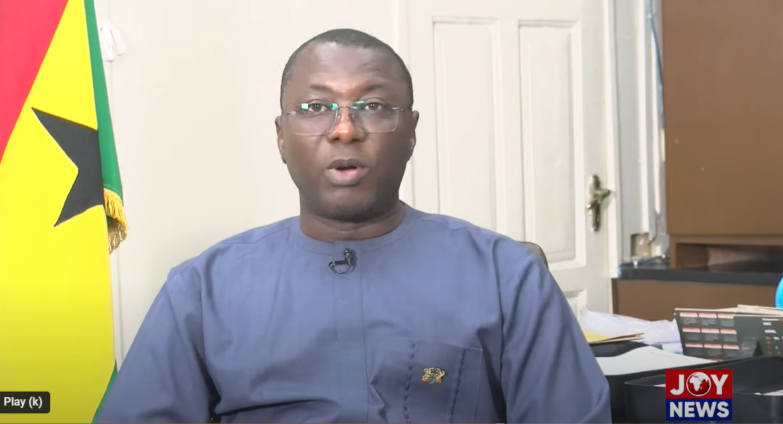The International Monetary Fund (IMF) Fund programme implementation is broadly on track, with the government upholding fiscal rectitude supported by an appropriately tight monetary policy stance and ongoing structural reforms, GCB Capital has disclosed.
The Gross Domestic Product (GDP) growth outturn over the review period beat the programme assumption, with inflation easing below the lower limit of the outer band of the monetary policy consultative clause.
Following the over 4% of GDP in fiscal adjustment recorded in 2023, the primary balance (on a commitment basis) also exceeded expectations at 0.3% of GDP (against the target: -0.5%), with cumulative change in the net international reserve above the floor.
However, given the significantly higher stakes and Ghana's long history of budget overruns in election years, GCB Capital said the fiscal outlook remains a key concern.
It therefore wants deliberate fiscal rectitude in the second half of 2024 anchored on revenue growth and strict expenditure and commitment controls to keep the programme on track.
It pointed out that the suspension of the proposed 2.5% VAT on electricity and pollution tax has already created a revenue gap of GH1.8 billionn in the 2024 budget. Again, the continuing challenges in the electricity and cocoa sectors also pose significant systemic risks to programme execution going forward.
Expenditure Rationalisation Not Enough
GCB Capital continued that expenditure rationalisation is not enough, and therefore government must plug the GH1.8 billion revenue gap the "hard way":
“While expenditure rationalisation is an obvious option to compensate for revenue shortfalls, it will hurt the debt-service-to-revenue ratio, a key performance metric under the programme. Thus, the government has adopted compliance enforcement from existing tax handles to plug the revenue gap instead of new taxes”.
“The Ghana Revenue Authority (GRA) will target the existing tax handle on the foreign income of resident Ghanaians (an existing tax handle) as the anchor to close the revenue gap created by the suspended tax policies. Additionally, the ongoing structural reforms, including onboarding over 200 subvented agencies on the Ghana Integrated Financial Management System (GIFMIS), will help with better expenditure and commitment controls, limiting the creation of arrears”, it stated.
“While we welcome stricter compliance enforcement, we believe the risk of revenue shortfall extends to many existing revenue lines and may require deeper structural reforms to harness their full potential. Therefore, we are not immediately upbeat about significant gains from this approach as we believe the gains will be gradual given that the formal sector is already over-taxed. Thus, we see no "magic wand" to mobilise significantly more revenue from the informal sector immediately”, it added.
Latest Stories
-
Trinity Oil MD Gabriel Kumi elected Board Chairman of Chamber of Oil Marketing Companies
26 minutes -
ORAL campaign key to NDC’s election victory – North America Dema Naa
44 minutes -
US Supreme Court to hear TikTok challenge to potential ban
49 minutes -
Amazon faces US strike threat ahead of Christmas
1 hour -
Jaguar Land Rover electric car whistleblower sacked
1 hour -
US makes third interest rate cut despite inflation risk
2 hours -
Fish processors call for intervention against illegal trawling activities
2 hours -
Ghana will take time to recover – Akorfa Edjeani
2 hours -
Boakye Agyarko urges reforms to revitalise NPP after election defeat
3 hours -
Finance Minister skips mini-budget presentation for third time
3 hours -
‘ORAL’ team to work gratis – Ablakwa
3 hours -
Affirmative Action Coalition condemns lack of gender quotas in Transition, anti-corruption teams
3 hours -
December 7 election was a battle for the ‘soul of Ghana’ against NPP – Fifi Kwetey
3 hours -
Social media buzzing ahead of Black Sherif’s ‘Zaama Disco’ on December 21
3 hours -
Afenyo-Markin still suffering from the massive defeat – Fifi Kwetey
3 hours

